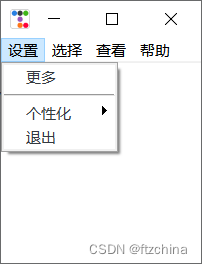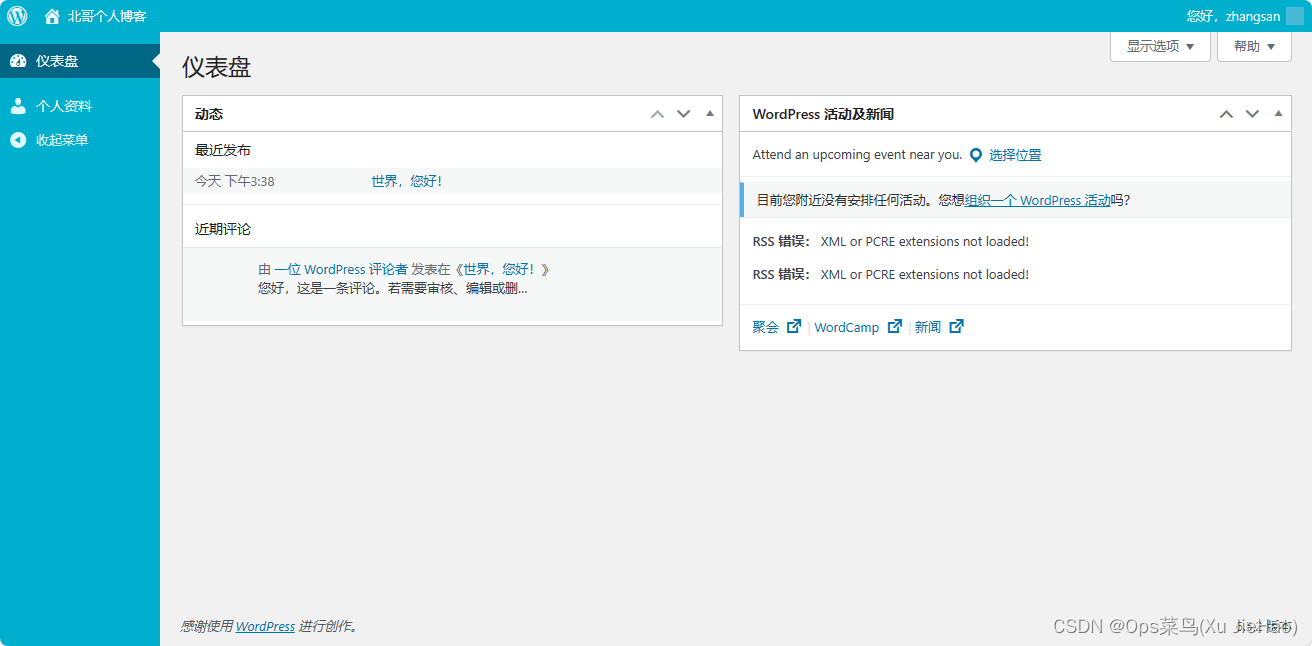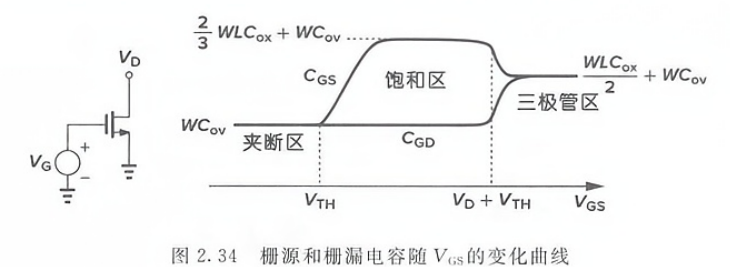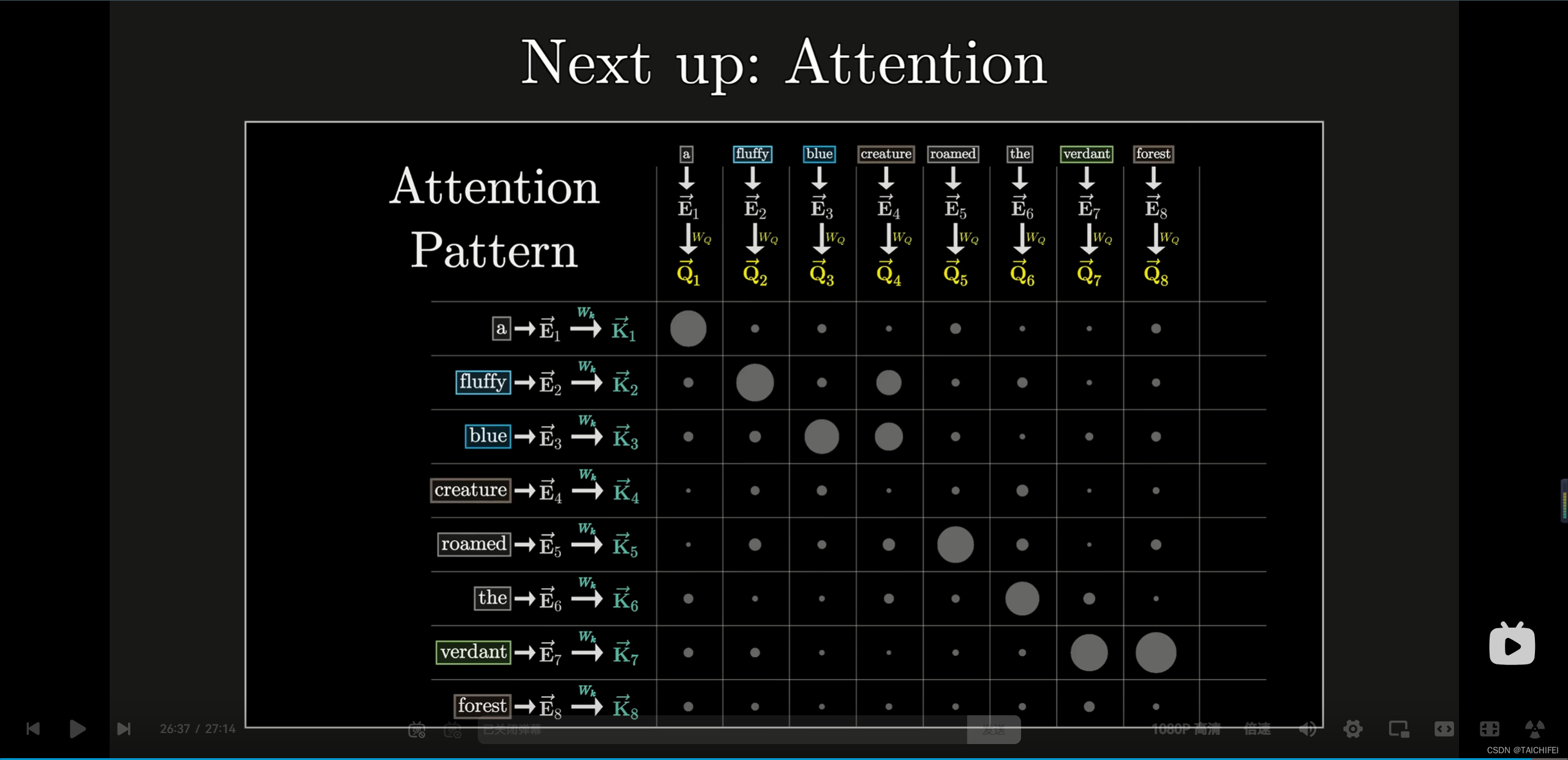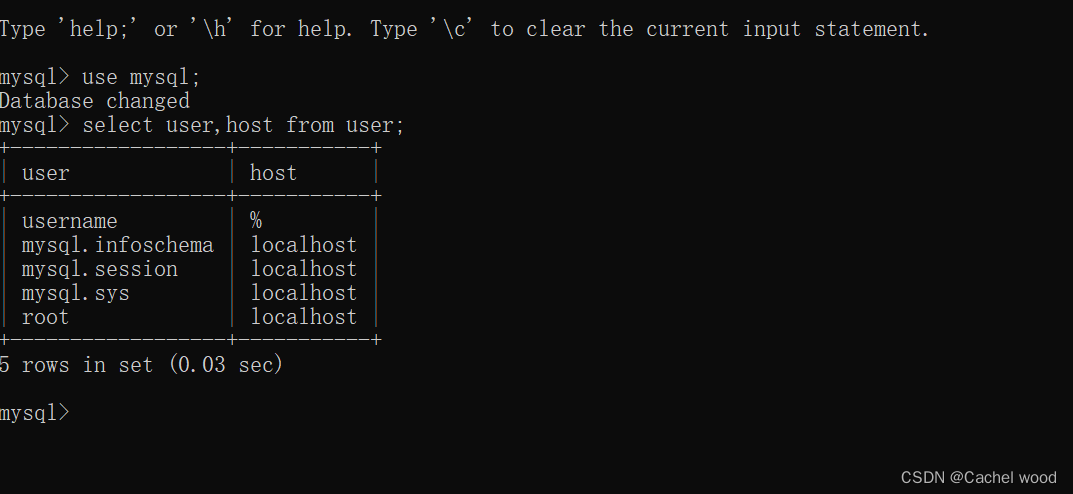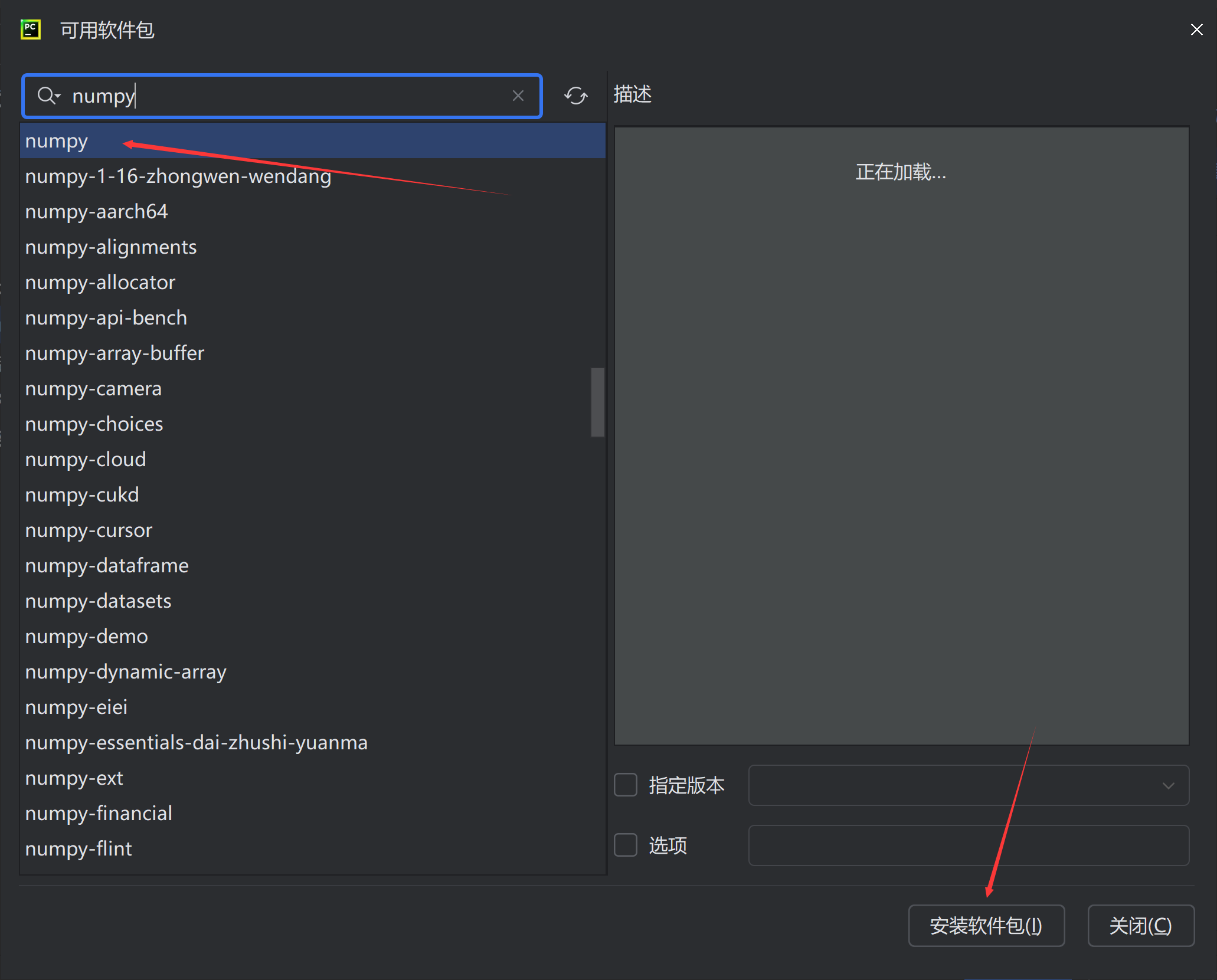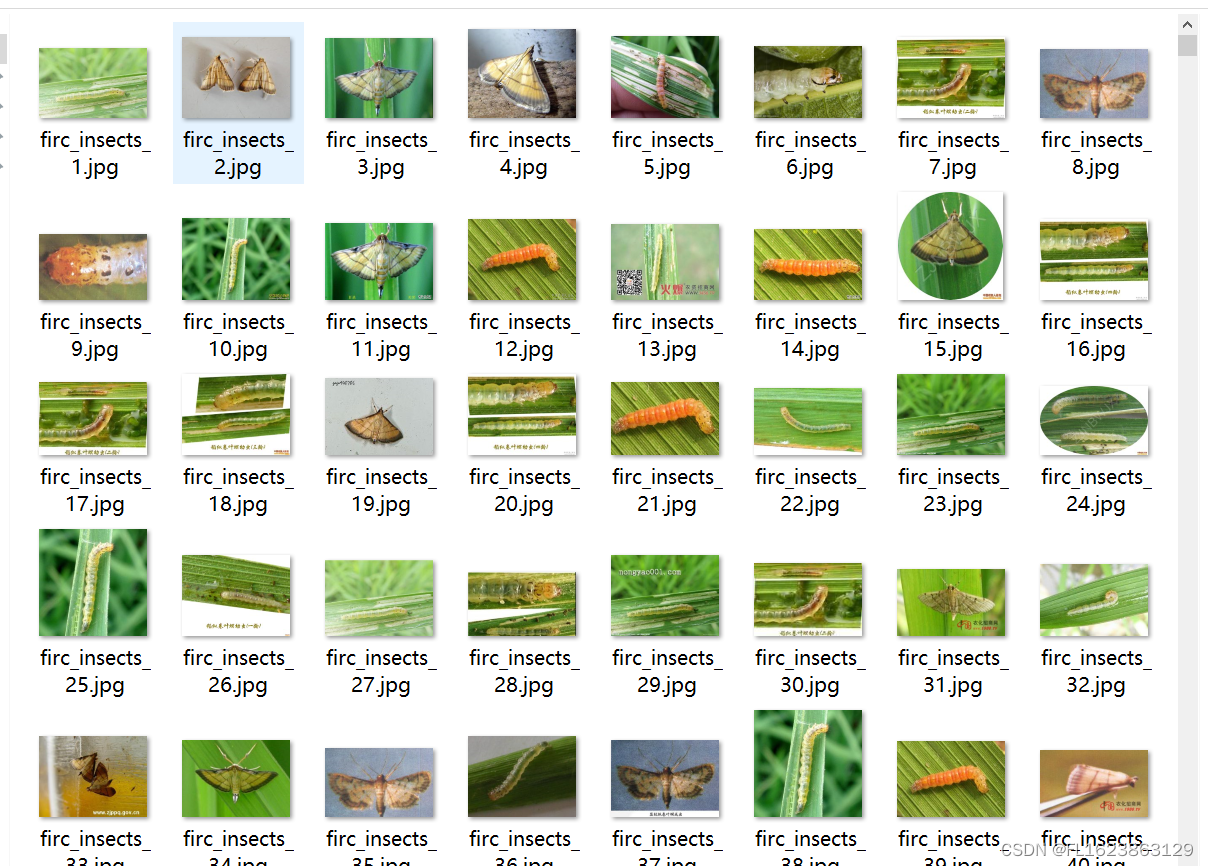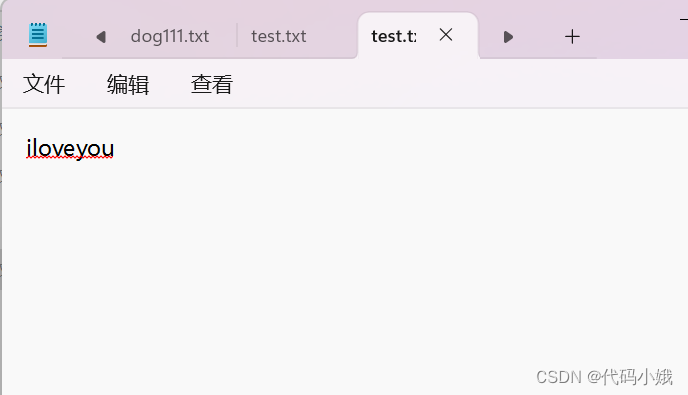一:Menubutton接口
print(help(help(ttk.Menubutton)))Help on class Menubutton in module tkinter.ttk:
class Menubutton(Widget)
| Menubutton(master=None, **kw)
|
| Ttk Menubutton widget displays a textual label and/or image, and
| displays a menu when pressed.
|
| Method resolution order:
| Menubutton
| Widget
| tkinter.Widget
| tkinter.BaseWidget
| tkinter.Misc
| tkinter.Pack
| tkinter.Place
| tkinter.Grid
| builtins.object
|
| Methods defined here:
|
| __init__(self, master=None, **kw)
| Construct a Ttk Menubutton with parent master.
|
| STANDARD OPTIONS
|
| class, compound, cursor, image, state, style, takefocus,
| text, textvariable, underline, width
|
| WIDGET-SPECIFIC OPTIONS
|
| direction, menu
|
| ----------------------------------------------------------------------
| Methods inherited from Widget:
|
| identify(self, x, y)
| Returns the name of the element at position x, y, or the empty
| string if the point does not lie within any element.
|
| x and y are pixel coordinates relative to the widget.
|
| instate(self, statespec, callback=None, *args, **kw)
| Test the widget's state.
|
| If callback is not specified, returns True if the widget state
| matches statespec and False otherwise. If callback is specified,
| then it will be invoked with *args, **kw if the widget state
| matches statespec. statespec is expected to be a sequence.
|
| state(self, statespec=None)
| Modify or inquire widget state.
|
| Widget state is returned if statespec is None, otherwise it is
| set according to the statespec flags and then a new state spec
| is returned indicating which flags were changed. statespec is
| expected to be a sequence.
|
| ----------------------------------------------------------------------
| Methods inherited from tkinter.BaseWidget:
|
| destroy(self)
| Destroy this and all descendants widgets.
|
| ----------------------------------------------------------------------
| Methods inherited from tkinter.Misc:
|
| __getitem__ = cget(self, key)
|
| __repr__(self)
| Return repr(self).
|
| __setitem__(self, key, value)
|
| __str__(self)
| Return the window path name of this widget.
|
| after(self, ms, func=None, *args)
| Call function once after given time.
|
| MS specifies the time in milliseconds. FUNC gives the
| function which shall be called. Additional parameters
| are given as parameters to the function call. Return
| identifier to cancel scheduling with after_cancel.
|
| after_cancel(self, id)
| Cancel scheduling of function identified with ID.
|
| Identifier returned by after or after_idle must be
| given as first parameter.
|
| after_idle(self, func, *args)
| Call FUNC once if the Tcl main loop has no event to
| process.
|
| Return an identifier to cancel the scheduling with
| after_cancel.
|
| anchor = grid_anchor(self, anchor=None)
|
| bbox = grid_bbox(self, column=None, row=None, col2=None, row2=None)
|
| bell(self, displayof=0)
| Ring a display's bell.
|
| bind(self, sequence=None, func=None, add=None)
| Bind to this widget at event SEQUENCE a call to function FUNC.
|
| SEQUENCE is a string of concatenated event
| patterns. An event pattern is of the form
| <MODIFIER-MODIFIER-TYPE-DETAIL> where MODIFIER is one
| of Control, Mod2, M2, Shift, Mod3, M3, Lock, Mod4, M4,
| Button1, B1, Mod5, M5 Button2, B2, Meta, M, Button3,
| B3, Alt, Button4, B4, Double, Button5, B5 Triple,
| Mod1, M1. TYPE is one of Activate, Enter, Map,
| ButtonPress, Button, Expose, Motion, ButtonRelease
| FocusIn, MouseWheel, Circulate, FocusOut, Property,
| Colormap, Gravity Reparent, Configure, KeyPress, Key,
| Unmap, Deactivate, KeyRelease Visibility, Destroy,
| Leave and DETAIL is the button number for ButtonPress,
| ButtonRelease and DETAIL is the Keysym for KeyPress and
| KeyRelease. Examples are
| <Control-Button-1> for pressing Control and mouse button 1 or
| <Alt-A> for pressing A and the Alt key (KeyPress can be omitted).
| An event pattern can also be a virtual event of the form
| <<AString>> where AString can be arbitrary. This
| event can be generated by event_generate.
| If events are concatenated they must appear shortly
| after each other.
|
| FUNC will be called if the event sequence occurs with an
| instance of Event as argument. If the return value of FUNC is
| "break" no further bound function is invoked.
|
| An additional boolean parameter ADD specifies whether FUNC will
| be called additionally to the other bound function or whether
| it will replace the previous function.
|
| Bind will return an identifier to allow deletion of the bound function with
| unbind without memory leak.
|
| If FUNC or SEQUENCE is omitted the bound function or list
| of bound events are returned.
|
| bind_all(self, sequence=None, func=None, add=None)
| Bind to all widgets at an event SEQUENCE a call to function FUNC.
| An additional boolean parameter ADD specifies whether FUNC will
| be called additionally to the other bound function or whether
| it will replace the previous function. See bind for the return value.
|
| bind_class(self, className, sequence=None, func=None, add=None)
| Bind to widgets with bindtag CLASSNAME at event
| SEQUENCE a call of function FUNC. An additional
| boolean parameter ADD specifies whether FUNC will be
| called additionally to the other bound function or
| whether it will replace the previous function. See bind for
| the return value.
|
| bindtags(self, tagList=None)
| Set or get the list of bindtags for this widget.
|
| With no argument return the list of all bindtags associated with
| this widget. With a list of strings as argument the bindtags are
| set to this list. The bindtags determine in which order events are
| processed (see bind).
|
| cget(self, key)
| Return the resource value for a KEY given as string.
|
| clipboard_append(self, string, **kw)
| Append STRING to the Tk clipboard.
|
| A widget specified at the optional displayof keyword
| argument specifies the target display. The clipboard
| can be retrieved with selection_get.
|
| clipboard_clear(self, **kw)
| Clear the data in the Tk clipboard.
|
| A widget specified for the optional displayof keyword
| argument specifies the target display.
|
| clipboard_get(self, **kw)
| Retrieve data from the clipboard on window's display.
|
| The window keyword defaults to the root window of the Tkinter
| application.
|
| The type keyword specifies the form in which the data is
| to be returned and should be an atom name such as STRING
| or FILE_NAME. Type defaults to STRING, except on X11, where the default
| is to try UTF8_STRING and fall back to STRING.
|
| This command is equivalent to:
|
| selection_get(CLIPBOARD)
|
| columnconfigure = grid_columnconfigure(self, index, cnf={}, **kw)
|
| config = configure(self, cnf=None, **kw)
|
| configure(self, cnf=None, **kw)
| Configure resources of a widget.
|
| The values for resources are specified as keyword
| arguments. To get an overview about
| the allowed keyword arguments call the method keys.
|
| deletecommand(self, name)
| Internal function.
|
| Delete the Tcl command provided in NAME.
|
| event_add(self, virtual, *sequences)
| Bind a virtual event VIRTUAL (of the form <<Name>>)
| to an event SEQUENCE such that the virtual event is triggered
| whenever SEQUENCE occurs.
|
| event_delete(self, virtual, *sequences)
| Unbind a virtual event VIRTUAL from SEQUENCE.
|
| event_generate(self, sequence, **kw)
| Generate an event SEQUENCE. Additional
| keyword arguments specify parameter of the event
| (e.g. x, y, rootx, rooty).
|
| event_info(self, virtual=None)
| Return a list of all virtual events or the information
| about the SEQUENCE bound to the virtual event VIRTUAL.
|
| focus = focus_set(self)
|
| focus_displayof(self)
| Return the widget which has currently the focus on the
| display where this widget is located.
|
| Return None if the application does not have the focus.
|
| focus_force(self)
| Direct input focus to this widget even if the
| application does not have the focus. Use with
| caution!
|
| focus_get(self)
| Return the widget which has currently the focus in the
| application.
|
| Use focus_displayof to allow working with several
| displays. Return None if application does not have
| the focus.
|
| focus_lastfor(self)
| Return the widget which would have the focus if top level
| for this widget gets the focus from the window manager.
|
| focus_set(self)
| Direct input focus to this widget.
|
| If the application currently does not have the focus
| this widget will get the focus if the application gets
| the focus through the window manager.
|
| getboolean(self, s)
| Return a boolean value for Tcl boolean values true and false given as parameter.
|
| getdouble(self, s)
|
| getint(self, s)
|
| getvar(self, name='PY_VAR')
| Return value of Tcl variable NAME.
|
| grab_current(self)
| Return widget which has currently the grab in this application
| or None.
|
| grab_release(self)
| Release grab for this widget if currently set.
|
| grab_set(self)
| Set grab for this widget.
|
| A grab directs all events to this and descendant
| widgets in the application.
|
| grab_set_global(self)
| Set global grab for this widget.
|
| A global grab directs all events to this and
| descendant widgets on the display. Use with caution -
| other applications do not get events anymore.
|
| grab_status(self)
| Return None, "local" or "global" if this widget has
| no, a local or a global grab.
|
| grid_anchor(self, anchor=None)
| The anchor value controls how to place the grid within the
| master when no row/column has any weight.
|
| The default anchor is nw.
|
| grid_bbox(self, column=None, row=None, col2=None, row2=None)
| Return a tuple of integer coordinates for the bounding
| box of this widget controlled by the geometry manager grid.
|
| If COLUMN, ROW is given the bounding box applies from
| the cell with row and column 0 to the specified
| cell. If COL2 and ROW2 are given the bounding box
| starts at that cell.
|
| The returned integers specify the offset of the upper left
| corner in the master widget and the width and height.
|
| grid_columnconfigure(self, index, cnf={}, **kw)
| Configure column INDEX of a grid.
|
| Valid resources are minsize (minimum size of the column),
| weight (how much does additional space propagate to this column)
| and pad (how much space to let additionally).
|
| grid_location(self, x, y)
| Return a tuple of column and row which identify the cell
| at which the pixel at position X and Y inside the master
| widget is located.
|
| grid_propagate(self, flag=['_noarg_'])
| Set or get the status for propagation of geometry information.
|
| A boolean argument specifies whether the geometry information
| of the slaves will determine the size of this widget. If no argument
| is given, the current setting will be returned.
|
| grid_rowconfigure(self, index, cnf={}, **kw)
| Configure row INDEX of a grid.
|
| Valid resources are minsize (minimum size of the row),
| weight (how much does additional space propagate to this row)
| and pad (how much space to let additionally).
|
| grid_size(self)
| Return a tuple of the number of column and rows in the grid.
|
| grid_slaves(self, row=None, column=None)
| Return a list of all slaves of this widget
| in its packing order.
|
| image_names(self)
| Return a list of all existing image names.
|
| image_types(self)
| Return a list of all available image types (e.g. photo bitmap).
|
| info_patchlevel(self)
| Returns the exact version of the Tcl library.
|
| keys(self)
| Return a list of all resource names of this widget.
|
| lift = tkraise(self, aboveThis=None)
|
| lower(self, belowThis=None)
| Lower this widget in the stacking order.
|
| mainloop(self, n=0)
| Call the mainloop of Tk.
|
| nametowidget(self, name)
| Return the Tkinter instance of a widget identified by
| its Tcl name NAME.
|
| option_add(self, pattern, value, priority=None)
| Set a VALUE (second parameter) for an option
| PATTERN (first parameter).
|
| An optional third parameter gives the numeric priority
| (defaults to 80).
|
| option_clear(self)
| Clear the option database.
|
| It will be reloaded if option_add is called.
|
| option_get(self, name, className)
| Return the value for an option NAME for this widget
| with CLASSNAME.
|
| Values with higher priority override lower values.
|
| option_readfile(self, fileName, priority=None)
| Read file FILENAME into the option database.
|
| An optional second parameter gives the numeric
| priority.
|
| pack_propagate(self, flag=['_noarg_'])
| Set or get the status for propagation of geometry information.
|
| A boolean argument specifies whether the geometry information
| of the slaves will determine the size of this widget. If no argument
| is given the current setting will be returned.
|
| pack_slaves(self)
| Return a list of all slaves of this widget
| in its packing order.
|
| place_slaves(self)
| Return a list of all slaves of this widget
| in its packing order.
|
| propagate = pack_propagate(self, flag=['_noarg_'])
|
| quit(self)
| Quit the Tcl interpreter. All widgets will be destroyed.
|
| register = _register(self, func, subst=None, needcleanup=1)
|
| rowconfigure = grid_rowconfigure(self, index, cnf={}, **kw)
|
| selection_clear(self, **kw)
| Clear the current X selection.
|
| selection_get(self, **kw)
| Return the contents of the current X selection.
|
| A keyword parameter selection specifies the name of
| the selection and defaults to PRIMARY. A keyword
| parameter displayof specifies a widget on the display
| to use. A keyword parameter type specifies the form of data to be
| fetched, defaulting to STRING except on X11, where UTF8_STRING is tried
| before STRING.
|
| selection_handle(self, command, **kw)
| Specify a function COMMAND to call if the X
| selection owned by this widget is queried by another
| application.
|
| This function must return the contents of the
| selection. The function will be called with the
| arguments OFFSET and LENGTH which allows the chunking
| of very long selections. The following keyword
| parameters can be provided:
| selection - name of the selection (default PRIMARY),
| type - type of the selection (e.g. STRING, FILE_NAME).
|
| selection_own(self, **kw)
| Become owner of X selection.
|
| A keyword parameter selection specifies the name of
| the selection (default PRIMARY).
|
| selection_own_get(self, **kw)
| Return owner of X selection.
|
| The following keyword parameter can
| be provided:
| selection - name of the selection (default PRIMARY),
| type - type of the selection (e.g. STRING, FILE_NAME).
|
| send(self, interp, cmd, *args)
| Send Tcl command CMD to different interpreter INTERP to be executed.
|
| setvar(self, name='PY_VAR', value='1')
| Set Tcl variable NAME to VALUE.
|
| size = grid_size(self)
|
| slaves = pack_slaves(self)
|
| tk_bisque(self)
| Change the color scheme to light brown as used in Tk 3.6 and before.
|
| tk_focusFollowsMouse(self)
| The widget under mouse will get automatically focus. Can not
| be disabled easily.
|
| tk_focusNext(self)
| Return the next widget in the focus order which follows
| widget which has currently the focus.
|
| The focus order first goes to the next child, then to
| the children of the child recursively and then to the
| next sibling which is higher in the stacking order. A
| widget is omitted if it has the takefocus resource set
| to 0.
|
| tk_focusPrev(self)
| Return previous widget in the focus order. See tk_focusNext for details.
|
| tk_setPalette(self, *args, **kw)
| Set a new color scheme for all widget elements.
|
| A single color as argument will cause that all colors of Tk
| widget elements are derived from this.
| Alternatively several keyword parameters and its associated
| colors can be given. The following keywords are valid:
| activeBackground, foreground, selectColor,
| activeForeground, highlightBackground, selectBackground,
| background, highlightColor, selectForeground,
| disabledForeground, insertBackground, troughColor.
|
| tk_strictMotif(self, boolean=None)
| Set Tcl internal variable, whether the look and feel
| should adhere to Motif.
|
| A parameter of 1 means adhere to Motif (e.g. no color
| change if mouse passes over slider).
| Returns the set value.
|
| tkraise(self, aboveThis=None)
| Raise this widget in the stacking order.
|
| unbind(self, sequence, funcid=None)
| Unbind for this widget the event SEQUENCE.
|
| If FUNCID is given, only unbind the function identified with FUNCID
| and also delete the corresponding Tcl command.
|
| Otherwise destroy the current binding for SEQUENCE, leaving SEQUENCE
| unbound.
|
| unbind_all(self, sequence)
| Unbind for all widgets for event SEQUENCE all functions.
|
| unbind_class(self, className, sequence)
| Unbind for all widgets with bindtag CLASSNAME for event SEQUENCE
| all functions.
|
| update(self)
| Enter event loop until all pending events have been processed by Tcl.
|
| update_idletasks(self)
| Enter event loop until all idle callbacks have been called. This
| will update the display of windows but not process events caused by
| the user.
|
| wait_variable(self, name='PY_VAR')
| Wait until the variable is modified.
|
| A parameter of type IntVar, StringVar, DoubleVar or
| BooleanVar must be given.
|
| wait_visibility(self, window=None)
| Wait until the visibility of a WIDGET changes
| (e.g. it appears).
|
| If no parameter is given self is used.
|
| wait_window(self, window=None)
| Wait until a WIDGET is destroyed.
|
| If no parameter is given self is used.
|
| waitvar = wait_variable(self, name='PY_VAR')
|
| winfo_atom(self, name, displayof=0)
| Return integer which represents atom NAME.
|
| winfo_atomname(self, id, displayof=0)
| Return name of atom with identifier ID.
|
| winfo_cells(self)
| Return number of cells in the colormap for this widget.
|
| winfo_children(self)
| Return a list of all widgets which are children of this widget.
|
| winfo_class(self)
| Return window class name of this widget.
|
| winfo_colormapfull(self)
| Return True if at the last color request the colormap was full.
|
| winfo_containing(self, rootX, rootY, displayof=0)
| Return the widget which is at the root coordinates ROOTX, ROOTY.
|
| winfo_depth(self)
| Return the number of bits per pixel.
|
| winfo_exists(self)
| Return true if this widget exists.
|
| winfo_fpixels(self, number)
| Return the number of pixels for the given distance NUMBER
| (e.g. "3c") as float.
|
| winfo_geometry(self)
| Return geometry string for this widget in the form "widthxheight+X+Y".
|
| winfo_height(self)
| Return height of this widget.
|
| winfo_id(self)
| Return identifier ID for this widget.
|
| winfo_interps(self, displayof=0)
| Return the name of all Tcl interpreters for this display.
|
| winfo_ismapped(self)
| Return true if this widget is mapped.
|
| winfo_manager(self)
| Return the window manager name for this widget.
|
| winfo_name(self)
| Return the name of this widget.
|
| winfo_parent(self)
| Return the name of the parent of this widget.
|
| winfo_pathname(self, id, displayof=0)
| Return the pathname of the widget given by ID.
|
| winfo_pixels(self, number)
| Rounded integer value of winfo_fpixels.
|
| winfo_pointerx(self)
| Return the x coordinate of the pointer on the root window.
|
| winfo_pointerxy(self)
| Return a tuple of x and y coordinates of the pointer on the root window.
|
| winfo_pointery(self)
| Return the y coordinate of the pointer on the root window.
|
| winfo_reqheight(self)
| Return requested height of this widget.
|
| winfo_reqwidth(self)
| Return requested width of this widget.
|
| winfo_rgb(self, color)
| Return a tuple of integer RGB values in range(65536) for color in this widget.
|
| winfo_rootx(self)
| Return x coordinate of upper left corner of this widget on the
| root window.
|
| winfo_rooty(self)
| Return y coordinate of upper left corner of this widget on the
| root window.
|
| winfo_screen(self)
| Return the screen name of this widget.
|
| winfo_screencells(self)
| Return the number of the cells in the colormap of the screen
| of this widget.
|
| winfo_screendepth(self)
| Return the number of bits per pixel of the root window of the
| screen of this widget.
|
| winfo_screenheight(self)
| Return the number of pixels of the height of the screen of this widget
| in pixel.
|
| winfo_screenmmheight(self)
| Return the number of pixels of the height of the screen of
| this widget in mm.
|
| winfo_screenmmwidth(self)
| Return the number of pixels of the width of the screen of
| this widget in mm.
|
| winfo_screenvisual(self)
| Return one of the strings directcolor, grayscale, pseudocolor,
| staticcolor, staticgray, or truecolor for the default
| colormodel of this screen.
|
| winfo_screenwidth(self)
| Return the number of pixels of the width of the screen of
| this widget in pixel.
|
| winfo_server(self)
| Return information of the X-Server of the screen of this widget in
| the form "XmajorRminor vendor vendorVersion".
|
| winfo_toplevel(self)
| Return the toplevel widget of this widget.
|
| winfo_viewable(self)
| Return true if the widget and all its higher ancestors are mapped.
|
| winfo_visual(self)
| Return one of the strings directcolor, grayscale, pseudocolor,
| staticcolor, staticgray, or truecolor for the
| colormodel of this widget.
|
| winfo_visualid(self)
| Return the X identifier for the visual for this widget.
|
| winfo_visualsavailable(self, includeids=False)
| Return a list of all visuals available for the screen
| of this widget.
|
| Each item in the list consists of a visual name (see winfo_visual), a
| depth and if includeids is true is given also the X identifier.
|
| winfo_vrootheight(self)
| Return the height of the virtual root window associated with this
| widget in pixels. If there is no virtual root window return the
| height of the screen.
|
| winfo_vrootwidth(self)
| Return the width of the virtual root window associated with this
| widget in pixel. If there is no virtual root window return the
| width of the screen.
|
| winfo_vrootx(self)
| Return the x offset of the virtual root relative to the root
| window of the screen of this widget.
|
| winfo_vrooty(self)
| Return the y offset of the virtual root relative to the root
| window of the screen of this widget.
|
| winfo_width(self)
| Return the width of this widget.
|
| winfo_x(self)
| Return the x coordinate of the upper left corner of this widget
| in the parent.
|
| winfo_y(self)
| Return the y coordinate of the upper left corner of this widget
| in the parent.
|
| ----------------------------------------------------------------------
| Data descriptors inherited from tkinter.Misc:
|
| __dict__
| dictionary for instance variables
|
| __weakref__
| list of weak references to the object
|
| ----------------------------------------------------------------------
| Methods inherited from tkinter.Pack:
|
| forget = pack_forget(self)
|
| info = pack_info(self)
|
| pack = pack_configure(self, cnf={}, **kw)
|
| pack_configure(self, cnf={}, **kw)
| Pack a widget in the parent widget. Use as options:
| after=widget - pack it after you have packed widget
| anchor=NSEW (or subset) - position widget according to
| given direction
| before=widget - pack it before you will pack widget
| expand=bool - expand widget if parent size grows
| fill=NONE or X or Y or BOTH - fill widget if widget grows
| in=master - use master to contain this widget
| in_=master - see 'in' option description
| ipadx=amount - add internal padding in x direction
| ipady=amount - add internal padding in y direction
| padx=amount - add padding in x direction
| pady=amount - add padding in y direction
| side=TOP or BOTTOM or LEFT or RIGHT - where to add this widget.
|
| pack_forget(self)
| Unmap this widget and do not use it for the packing order.
|
| pack_info(self)
| Return information about the packing options
| for this widget.
|
| ----------------------------------------------------------------------
| Methods inherited from tkinter.Place:
|
| place = place_configure(self, cnf={}, **kw)
|
| place_configure(self, cnf={}, **kw)
| Place a widget in the parent widget. Use as options:
| in=master - master relative to which the widget is placed
| in_=master - see 'in' option description
| x=amount - locate anchor of this widget at position x of master
| y=amount - locate anchor of this widget at position y of master
| relx=amount - locate anchor of this widget between 0.0 and 1.0
| relative to width of master (1.0 is right edge)
| rely=amount - locate anchor of this widget between 0.0 and 1.0
| relative to height of master (1.0 is bottom edge)
| anchor=NSEW (or subset) - position anchor according to given direction
| width=amount - width of this widget in pixel
| height=amount - height of this widget in pixel
| relwidth=amount - width of this widget between 0.0 and 1.0
| relative to width of master (1.0 is the same width
| as the master)
| relheight=amount - height of this widget between 0.0 and 1.0
| relative to height of master (1.0 is the same
| height as the master)
| bordermode="inside" or "outside" - whether to take border width of
| master widget into account
|
| place_forget(self)
| Unmap this widget.
|
| place_info(self)
| Return information about the placing options
| for this widget.
|
| ----------------------------------------------------------------------
| Methods inherited from tkinter.Grid:
|
| grid = grid_configure(self, cnf={}, **kw)
|
| grid_configure(self, cnf={}, **kw)
| Position a widget in the parent widget in a grid. Use as options:
| column=number - use cell identified with given column (starting with 0)
| columnspan=number - this widget will span several columns
| in=master - use master to contain this widget
| in_=master - see 'in' option description
| ipadx=amount - add internal padding in x direction
| ipady=amount - add internal padding in y direction
| padx=amount - add padding in x direction
| pady=amount - add padding in y direction
| row=number - use cell identified with given row (starting with 0)
| rowspan=number - this widget will span several rows
| sticky=NSEW - if cell is larger on which sides will this
| widget stick to the cell boundary
|
| grid_forget(self)
| Unmap this widget.
|
| grid_info(self)
| Return information about the options
| for positioning this widget in a grid.
|
| grid_remove(self)
| Unmap this widget but remember the grid options.
|
| location = grid_location(self, x, y)
None
[Finished in 380ms]通过dir来查看Menubutton支持的属性和方法
['_Misc__winfo_getint', '_Misc__winfo_parseitem', '__class__', '__delattr__', '__dict__', '__dir__', '__doc__', '__eq__', '__format__', '__ge__', '__getattribute__', '__getitem__', '__getstate__', '__gt__', '__hash__', '__init__', '__init_subclass__', '__le__', '__lt__', '__module__', '__ne__', '__new__', '__reduce__', '__reduce_ex__', '__repr__', '__setattr__', '__setitem__', '__sizeof__', '__str__', '__subclasshook__', '__weakref__', '_bind', '_configure', '_displayof', '_do', '_getboolean', '_getconfigure', '_getconfigure1', '_getdoubles', '_getints', '_grid_configure', '_gridconvvalue', '_last_child_ids', '_nametowidget', '_noarg_', '_options', '_register', '_report_exception', '_root', '_setup', '_subst_format', '_subst_format_str', '_substitute', '_tclCommands', '_unbind', '_windowingsystem', 'after', 'after_cancel', 'after_idle', 'anchor', 'bbox', 'bell', 'bind', 'bind_all', 'bind_class', 'bindtags', 'cget', 'clipboard_append', 'clipboard_clear', 'clipboard_get', 'columnconfigure', 'config', 'configure', 'deletecommand', 'destroy', 'event_add', 'event_delete', 'event_generate', 'event_info', 'focus', 'focus_displayof', 'focus_force', 'focus_get', 'focus_lastfor', 'focus_set', 'forget', 'getboolean', 'getdouble', 'getint', 'getvar', 'grab_current', 'grab_release', 'grab_set', 'grab_set_global', 'grab_status', 'grid', 'grid_anchor', 'grid_bbox', 'grid_columnconfigure', 'grid_configure', 'grid_forget', 'grid_info', 'grid_location', 'grid_propagate', 'grid_remove', 'grid_rowconfigure', 'grid_size', 'grid_slaves', 'identify', 'image_names', 'image_types', 'info', 'info_patchlevel', 'instate', 'keys', 'lift', 'location', 'lower', 'mainloop', 'nametowidget', 'option_add', 'option_clear', 'option_get', 'option_readfile', 'pack', 'pack_configure', 'pack_forget', 'pack_info', 'pack_propagate', 'pack_slaves', 'place', 'place_configure', 'place_forget', 'place_info', 'place_slaves', 'propagate', 'quit', 'register', 'rowconfigure', 'selection_clear', 'selection_get', 'selection_handle', 'selection_own', 'selection_own_get', 'send', 'setvar', 'size', 'slaves', 'state', 'tk_bisque', 'tk_focusFollowsMouse', 'tk_focusNext', 'tk_focusPrev', 'tk_setPalette', 'tk_strictMotif', 'tkraise', 'unbind', 'unbind_all', 'unbind_class', 'update', 'update_idletasks', 'wait_variable', 'wait_visibility', 'wait_window', 'waitvar', 'winfo_atom', 'winfo_atomname', 'winfo_cells', 'winfo_children', 'winfo_class', 'winfo_colormapfull', 'winfo_containing', 'winfo_depth', 'winfo_exists', 'winfo_fpixels', 'winfo_geometry', 'winfo_height', 'winfo_id', 'winfo_interps', 'winfo_ismapped', 'winfo_manager', 'winfo_name', 'winfo_parent', 'winfo_pathname', 'winfo_pixels', 'winfo_pointerx', 'winfo_pointerxy', 'winfo_pointery', 'winfo_reqheight', 'winfo_reqwidth', 'winfo_rgb', 'winfo_rootx', 'winfo_rooty', 'winfo_screen', 'winfo_screencells', 'winfo_screendepth', 'winfo_screenheight', 'winfo_screenmmheight', 'winfo_screenmmwidth', 'winfo_screenvisual', 'winfo_screenwidth', 'winfo_server', 'winfo_toplevel', 'winfo_viewable', 'winfo_visual', 'winfo_visualid', 'winfo_visualsavailable', 'winfo_vrootheight', 'winfo_vrootwidth', 'winfo_vrootx', 'winfo_vrooty', 'winfo_width', 'winfo_x', 'winfo_y']
[Finished in 284ms]
二:Menubutton创建
import tkinter as tk
from tkinter import ttk
class App(tk.Tk):
def __init__(self):
super().__init__()
self.geometry('300x250')
self.title('Menubutton Demo')
# Menubutton variable
self.selected_color = tk.StringVar()
self.selected_color.trace("w", self.menu_item_selected)
# create the menu button
self.create_menu_button()
def menu_item_selected(self, *args):
""" handle menu selected event """
self.config(bg=self.selected_color.get())
def create_menu_button(self):
""" create a menu button """
# menu variable
colors = ('Red', 'Green', 'Blue')
# create the Menubutton
menu_button = ttk.Menubutton(
self,
text='Select a color',style='info.Outline.TMenubutton')
# create a new menu instance
menu = tk.Menu(menu_button, tearoff=0)
for color in colors:
menu.add_radiobutton(
label=color,
value=color,
variable=self.selected_color)
# associate menu with the Menubutton
menu_button["menu"] = menu
menu_button.pack(expand=True)
if __name__ == "__main__":
app = App()
app.mainloop()

三:Menubutton选项
Table 48. ttk.Menubutton options
class_ | The widget class name. This may be specified when the widget is created, but cannot be changed later. For an explanation of widget classes, see Section 27, “Standardizing appearance”. | ||||||||||
compound | If you provide both When you provide both | ||||||||||
cursor | The cursor that will appear when the mouse is over the button; see Section 5.8, “Cursors”. | ||||||||||
direction | This option specifies the position where the drop-down menu appears, relative to the menubutton.
| ||||||||||
image | An image to appear on the menubutton; see Section 5.9, “Images”. | ||||||||||
menu | The related Menu widget. See Section 15, “The Menu widget” for the procedure used to establish this mutual connection. | ||||||||||
style | The style to be used in rendering this menubutton; see Section 49, “Using and customizing ttk styles”. | ||||||||||
takefocus | By default, a ttk.Menubutton will be included in focus traversal; see Section 53, “Focus: routing keyboard input”. To remove the widget from focus traversal, use takefocus=False. | ||||||||||
text | The text to appear on the menubutton, as a string. | ||||||||||
textvariable | A variable that controls the text that appears on the menubutton; see Section 52, “Control variables: the values behind the widgets”. | ||||||||||
underline | If this option has a nonnegative value n, an underline will appear under the character at position n. | ||||||||||
width | If the label is text, this option specifies the absolute width of the text area on the button, as a number of characters; the actual width is that number multiplied by the average width of a character in the current font. For image labels, this option is ignored. The option may also be configured in a style. |
The following options of the Tkinter Menubutton button, described in Section 16, “The Menubutton widget”, are not supported by ttk.Menubutton:
以下选项在 ttk.Menubutton中是不支持的
Table 49. Tkinter Menubutton options not in ttk.Menubutton
activebackground | Use a style map to control the background option; see Section 50.2, “ttk style maps: dynamic appearance changes”. |
activeforeground | Use a style map to control the foreground option. |
anchor | Configure this option using a style; see Section 49, “Using and customizing ttk styles”. Use this option to specify the position of the text when the width option allocates extra horizontal space. |
bitmap | Not supported. |
borderwidth or bd | Configure the borderwidth option using a style. The bd abbreviation is not supported. |
buttonbackground | Not supported. |
buttoncursor | Not supported. |
buttondownrelief | Not supported. |
buttonup | Not supported. |
disabledforeground | Use a style map for the foreground option; see Section 50.2, “ttk style maps: dynamic appearance changes”. |
font | Configure this option using a style. |
foreground or fg | Configure the foreground option using a style. |
height | Not supported. |
highlightbackground | To control the color of the focus highlight when the menubutton does not have focus, use a style map to control the highlightcolor option; see Section 50.2, “ttk style maps: dynamic appearance changes”. |
highlightcolor | You may specify the default focus highlight color by setting this option in a style. You may also control the focus highlight color using a style map. |
highlightthickness | Configure this option using a style. |
justify | If the text contains newline ('\n') characters, the text will occupy multiple lines on the menubutton. The justify option controls how each line is positioned horizontally. Configure this option using a style; values may be tk.LEFT, tk.CENTER, or tk.RIGHT for lines that are left-aligned, centered, or right-aligned, respectively. |
padx | Not supported. |
pady | Not supported. |
relief | Configure this option using a style; see Section 49, “Using and customizing ttk styles”. |
wraplength | If you use a style with this option set to some dimension, the text will be sliced into pieces no longer than that dimension. |
四:Menu控件
import ttkbootstrap as ttk
from ttkbootstrap.dialogs import Messagebox
root = ttk.Window()
# 在窗口上创建一个菜单栏(最上方的菜单栏横条)
menubar = ttk.Menu(root)
def dianji(): #定义一个点击事件方法
Messagebox.show_info(title='走走走!', message='该功能还未开放!') #消息提示框窗口
# 定义一个竖条
filemenu = ttk.Menu(menubar)
# 在菜单单元中添加一个菜单项File
menubar.add_cascade(label='设置', menu=filemenu)
# 在设置菜单项添加命令选项
filemenu.add_command(label='更多', command=dianji)
# 添加一条分割线
filemenu.add_separator()
# 定义一个子菜单条
submenu = ttk.Menu(filemenu) # 和上面定义菜单一样,不过此处是在设置上创建一个空的菜单
submenu.add_command(label="背景") # 给submenu添加功能选项
submenu.add_command(label="字体")
submenu.add_command(label="大小")
# 添加一个展开下拉菜单,并把上面的子菜单嵌入给它
filemenu.add_cascade(label='个性化', menu=submenu, underline=0)
# 同样的在File中加入Exit小菜单,此处对应命令为window.quit
filemenu.add_command(label='退出', command=root.quit)
# 在顶部再添加多个菜单项
otherfunction = ttk.Menu(menubar)
menubar.add_cascade(label='选择', menu=otherfunction)
menubar.add_cascade(label='查看', menu=otherfunction)
otherfunction.add_command(label='该功能未开放!')
#帮助
def baidu():
Messagebox.okcancel(title='baidu.com', message='走走走,自己去百度!')
help = ttk.Menu(menubar, tearoff=0)
menubar.add_cascade(label='帮助', menu=help)
help.add_command(label='help', command=baidu)
# 将菜单配置给窗口
root.config(menu=menubar)
root.mainloop()
